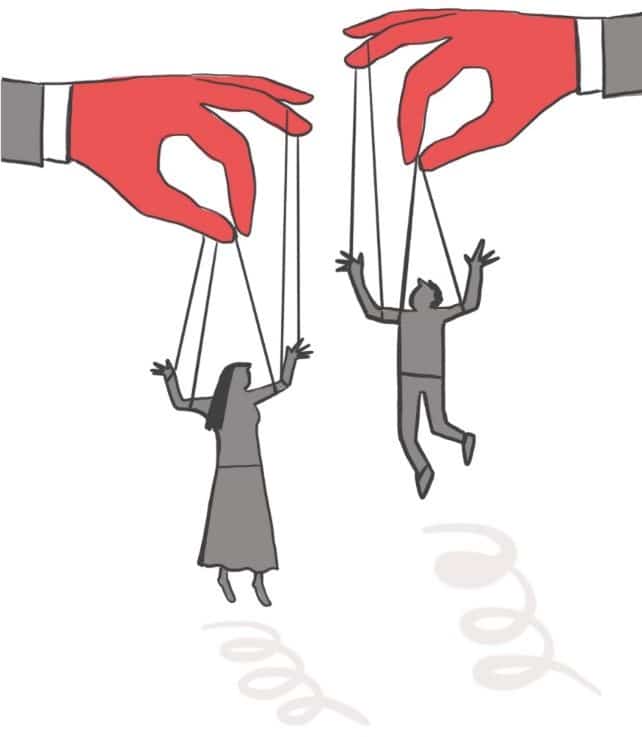After the abolition of slavery by the passage of the Slavery Abolition Act of 1833, things seem to be rosy, but unfortunately, the shadows of slavery from the past still creep on the walls of Africa, and for this discussion, Nigeria. According to the Walk Free Foundation, 40 million people are living in slavery, 24.9 million in forced labor, and 15.4 million in forced marriage.
Modern slavery may include holding people against their will, painstakingly controlling their movements, and forcing them to work for the sole profit of others. In Africa, its modern forms include debt bondage, the enslavement of war captives, commercial sexual exploitation, and forced domestic servitude.
Slave relationships in Africa revolved around domestic slavery, where slaves would work primarily in the house of the master but retain a degree of freedom. Domestic slaves could be considered part of the master’s household and would not be sold to others without extreme cause. In some cases, most of these people are hidden in plain sight, and they go unnoticed. Unfortunately, we have such examples of persons in Nigeria who are trafficked from rural to urban places for forced domestic servitude and the like.
Based on an interview conducted by Metrotimes.ng, Paul a military officer in the Nigerian Military force reported to have rescued a female victim who was subjected to forced domestic servitude in Lagos. The victim (who prefers to be anonymous) was asked to come to Lagos by her sister even as the victim had to foot her transport bill. Paul said that he got to know the victim along with a couple of friends living in Ajegunle before she was pushed to start working as a house help in Surulere. “She was maltreated, threatened to be arrested if she didn’t comply with the rules, and then she had to live without salary according to an agreement that she had signed with her Madam”, Paul states. “Sometimes when she needed money, she didn’t have any to use. An example would be when her Madam told her to return and pay back the money for a malaria drug that was bought from a pharmacy”, Paul reports. Paul said that the victim was released after he told the Madam that he was a military personnel, and they also exchanged words for about an hour.
After a month of freedom, the victim’s aunt came to take her from his house to work as a house help again, but the victim refused. He said that the victim’s family members went as far as reporting the case to his workplace and church claiming that he had abducted the victim. After much trouble transpired, the victim’s family members concluded that the victim would need to journey to the village to return to Lagos by herself before she would be given her freedom. This she did and is now living with Paul and his family. He equally secured her a good job at his barrack in Apapa, Lagos.
Human life should not be tampered with in such ways. Oppressing and suppressing someone to the point where they get incapacitated or depressed is inhumane. If we raise our voices as Nigerians to end slavery with consequences for perpetrators, it will be reduced in our society. Someone once said that for a protest to make an impact, it would depend, most times, on the number of people who take part in it. We need more Nigerians who can speak up and go the extra mile to rescue people trapped in slavery like Paul did. So if I may ask, are you willing to lend your voice against injustice?
If Paul did it for the lady I just mentioned, you too can, in your little way fight for justice.

